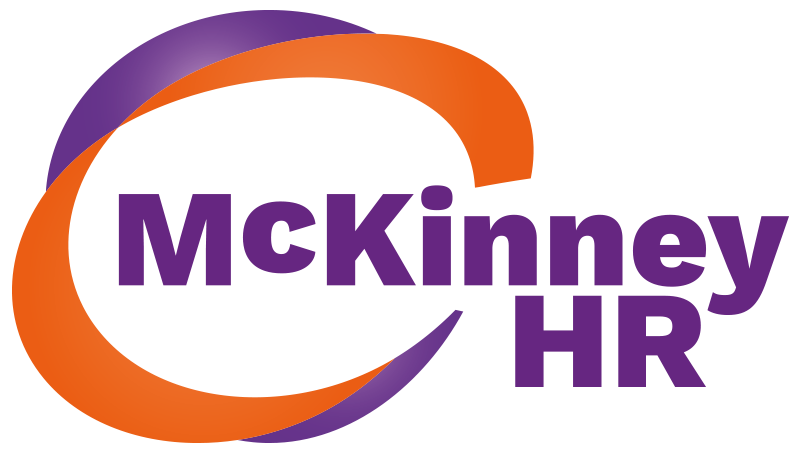At the end of February 2024, Mary Poppins was changed from a U (universal) rating to a PG (parental guidance) rating. The film, first classified in 1964, has now exceeded the guidelines for a U rating and been reclassified for two uses of discriminatory language.
A PG rating suggests that “unaccompanied children of any age may watch, but parents are advised to consider whether the content may upset younger, or more sensitive, children.
A U rating should be “suitable for audiences aged four years and over”.
The British Board of Film Classification (BBFC) stated “We understand from our racism and discrimination research… that a key concern for… parents is the potential to expose children to discriminatory language or behaviour which they may find distressing or repeat without realising the potential offence.”
What does this mean for the workplace? The Equality Act 2010 protects people against discrimination at work. ACAS state the main responsibility for discrimination at work lies with employers and that by law, all employers must:
- make sure they do not unfairly discriminate in any aspect of work.
- take steps to prevent discrimination.
- do all they reasonably can to protect people from discrimination by others.
- look after the wellbeing of their employees – this is called a ‘duty of care’.
(Source: Acas, https://www.acas.org.uk/discrimination-and-the-law
>Mary Poppins is a film loved by many, a “classic” that has been repeated on TV many times over the years. It has also had a sequel in 2018 and has been a West End Show in London. It is almost ‘custom and practice’ to watch Mary Poppins over the Festive Season. But the fact that it is popular and has been passed down through generations didn’t help when it came to a review of what discrimination is, as well as what is and isn’t acceptable behaviour or language. The decision has led to a backlash, with reports on X that upset Disney fans have called this “ridiculous”; “beyond sense” or “woke.”
Whilst the decision has differing opinions, it might be a timely reminder that the world is evolving, and this means workplaces could take this as an opportunity to pause and reflect. Many organisations have ways of working that are ‘custom and practice’ where things happen a particular way, are generally well-known or have been in place for a long period of time. These ways of working are usually unwritten but can become part of the employment contract where it’s reasonable or a certainty.
So maybe now is a good time to review the “unwritten” culture or ways of doing things as they have always been done in that way. This can open discussion with employees on what is right and wrong, works or doesn’t, seen as unfair or not and finally which “customs” are still relevant, and which are outdated. That could bring potential changes or not, but conversations or changes can be crucial to protecting both employers and employees
If you need any support with Culture, or updating policies, handbooks, facilitating difficult conversations, please contact support@mckinneyhr.co.uk

